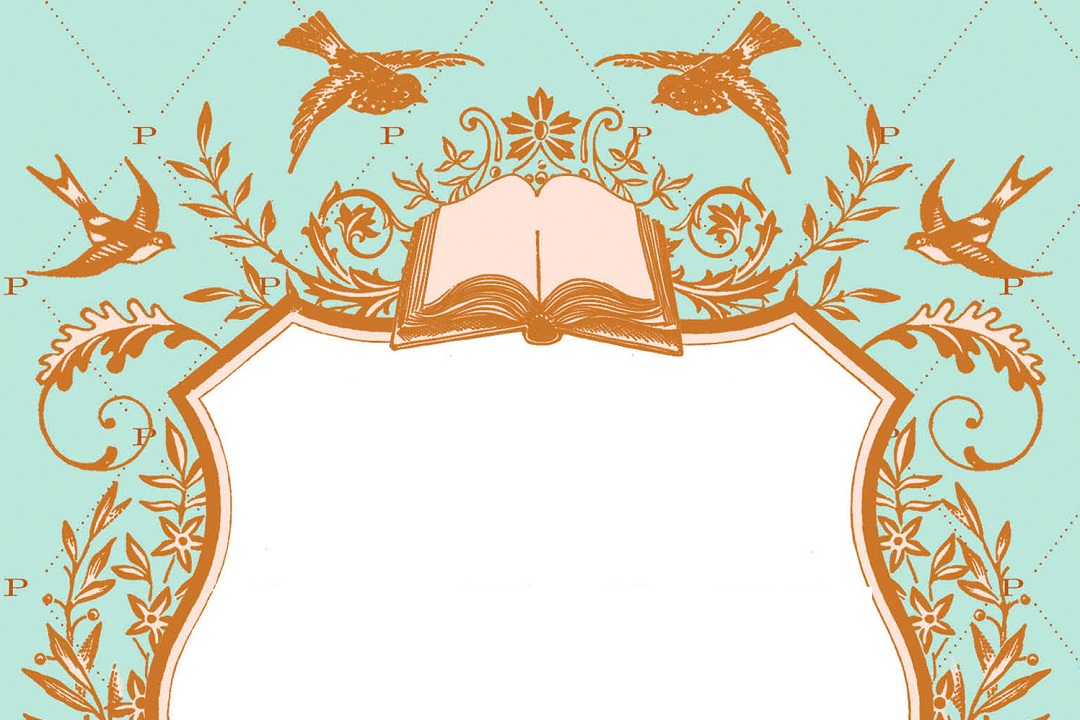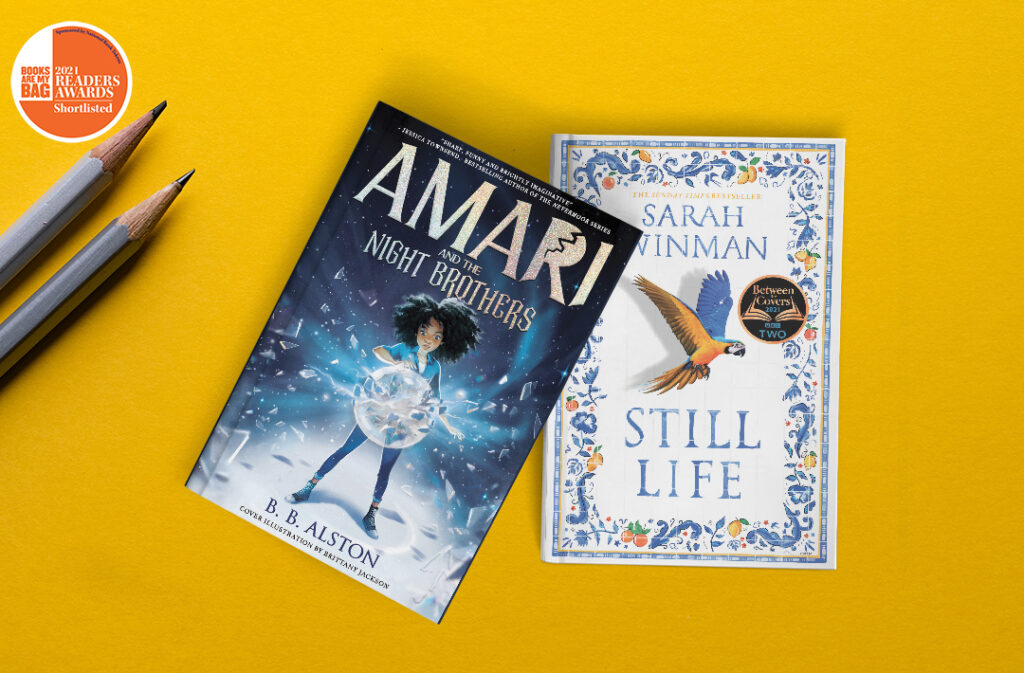You have to write the pages you hate before you get to the pages you love.
I wasn’t particularly surprised that much of the publicity surrounding my first book focused almost as much on me, the author, as it did on my book. Most debut novelists aren’t fifty-something, and in a culture that rushes to celebrate the achievements of youth, I became the accidental poster-child for life’s proverbial second act – the one F. Scott Fitzgerald famously assured us did not exist. What continues to surprise me, however, is how often I’m asked what it feels like to be an overnight success.
I try not to laugh.
Writing is hard. I was young. I didn’t really know how to go about doing the thing I wanted to do. I took some classes, but finding community and support was much harder in the olden days, before the Internet. What I mostly did for the next four to five years was make a lot of excuses for why I wasn’t writing. Some were even true.
From this vantage point, I can see that my early attempts at writing stories or essays petered out because what came out on the page was so different from what I wanted to come out on the page. And that terrified me. I judged my writing so harshly and disappointed myself so consistently that it’s a bit of a miracle I let the mirage last as long as it did.

I did do one thing right during those years – I read voraciously: books, magazines, literary journals, anything I could get my hands on and as much as I could afford. More times than I could count, something I was reading would light a fire in my brain and in my heart and I would rush to the Tandy 1000, turn it on, wait five to seven minutes for it to boot up, start to type and – freeze.
And if there is any overnight moment to my success, this might be it: the day, twenty years after my first attempt, when I read those pages and instead of giving up, thought: just throw out the bad pages and write more good pages. And I slowly started to peel off the layers of shame and got to work.
The difference between my 28-year-old self and my 48-year-old self was in knowing that this time I had to go all in – create structure and deadlines and find community and feedback. The difference between 28 and 48 was I understood that if I wrote pages I hated, it wasn’t because I didn’t have talent, but because I needed to try harder. The difference between 28 and 48 was two decades of constant reading where, without even realizing it, I had absorbed the rhythm and structure of fiction. By then, I had also learned one of the most important things for a writer – any kind of writer – to know: you have to write the pages you hate before you get to the pages you love.
One of the loveliest, unexpected gifts of the past year is how the success of The Nest has allowed me to create compassion for my younger self, to fold her into my current self and give her a little peace. I am grateful to her for being badass and fearless in ways I didn’t recognize for so long. I don’t see her as a failure anymore. I see her as the brave, necessary precursor to my 30-year overnight success.
 The Nest
The Nest
Cynthia Sweeney
1st June 2017
Paperback
9780008133757
RRP 8.99



